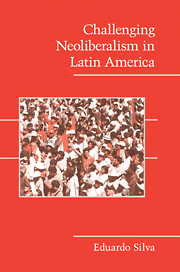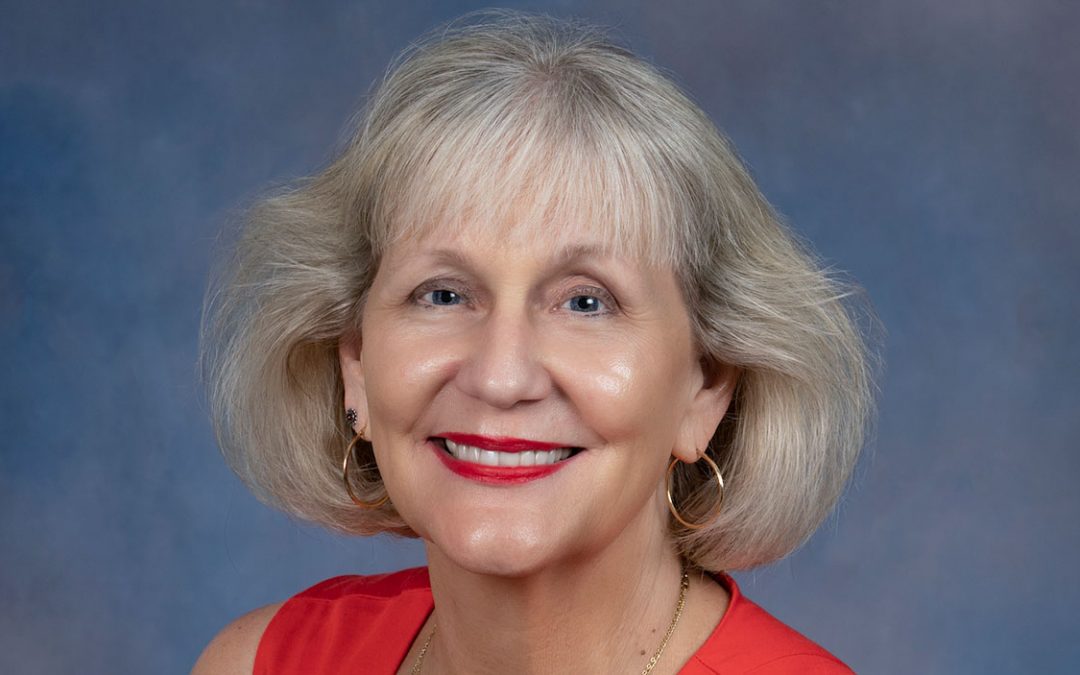
Challenging Neoliberalism in Latin America by Eduardo Silva
Incumbent Bolivian President Evo Morales handedly won re-election Sunday (Dec. 6), which was expected according to Eduardo Silva, professor of political science at the University of Missouri–St. Louis. Morales’ re-election serves as a reminder of his initial election to office following a social movement that arose at the turn of the 20th century in Bolivia and throughout Latin America.
“In the early 2000s waves of massive nationwide demonstrations against free-market economic reforms helped to bring Morales to power in 2005,” Silva said. “Mr. Morales, of indigenous origins, ran for president on a leftist platform of economic nationalism and increased social services for the nation’s poor, who are a majority of the population. His government acted on these promises without resorting to inflationary fiscal monetary policies.”
In his new book, “Challenging Neoliberalism in Latin America,” published by Cambridge University Press, Silva chronicled and analyzed the social protests that swelled and ultimately ushered in the today’s governments in Latin American countries like Bolivia, as well as Argentina, Ecuador and Venezuela. His analysis, through the application of Karl Polanyi’s theory of the double movement of market society to these events, predicts the dawning of an era more supportive of government intervention in the economy and society.
The book also touches on Peru and Silva’s native Chile, neither of which experienced “backlashes in the form of nationwide episodes of anti-neoliberal contention between 1989 and 2003,” he wrote.
Chile will undergo its own presidential election on Dec. 13. Since returning to democracy in 1990 after 18 years of military rule, Chile has been governed by a mild center-left coalition of parties that has supported a market economy with expanding social services for the nation’s dwindling poor and growing middle class, Silva said.
“That center-left coalition, The Coalition of Parties for Democracy, may well lose upcoming presidential elections to conservative candidate Sebastian Pinera,” he said. “In any case, since no candidate is expected to win a majority in first-round balloting, a run-off election between the two top vote getters will be held Jan. 17. Social movements are not expected to play a significant role.”
Why should the U.S. care about these elections and other Latin American issues?
“Unrelenting pressure for ideologically rigid free-market economic reforms in Latin America is likely to feed political instability and the emergence of governments hostile to the U.S.,” Silva said. “A more pragmatic foreign policy approach that does not demonize efforts to conduct a more independent foreign policy, the mixed economy, industrial policy, labor rights, land reform or social insurance systems that do not push risks onto individuals might gain the United States more political dividends.”
Silva has extensively researched comparative politics, Latin American political economy and environmental policy in developing countries. He wrote “The State and Capital in Chile: Business Elites, Technocrats and Market Economics” and several articles in leading journals on politics.














